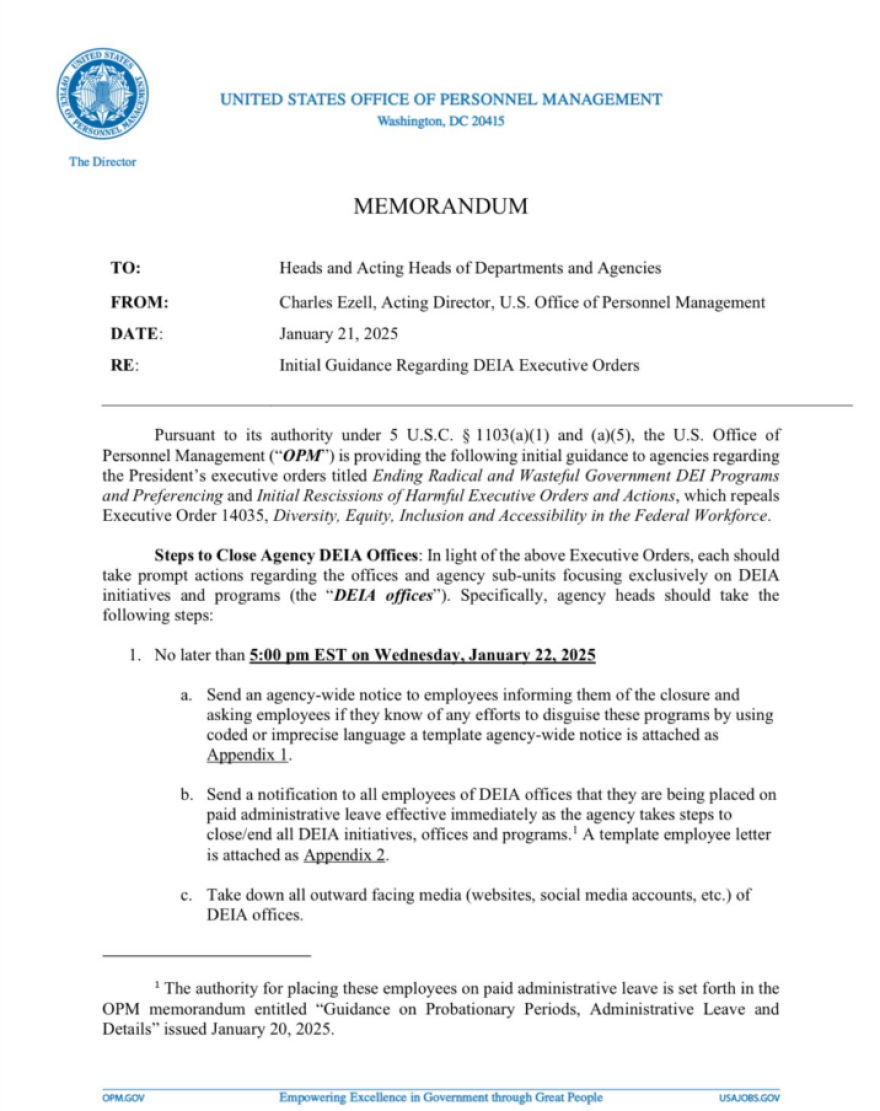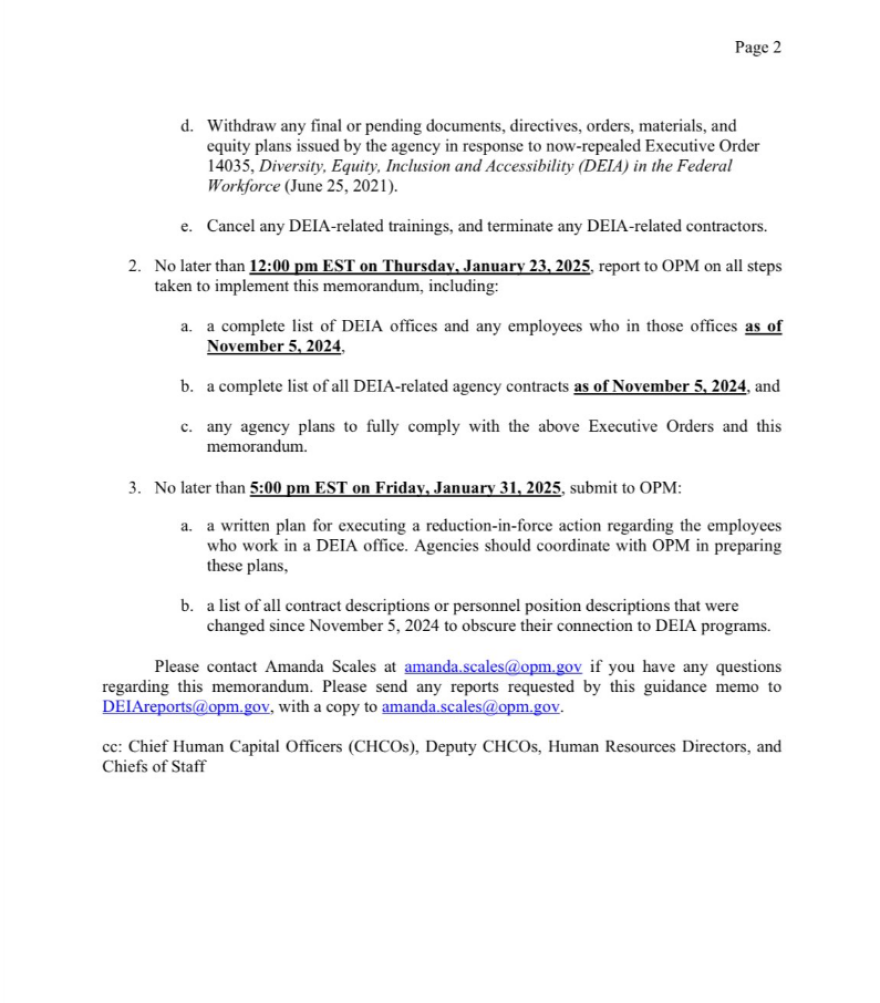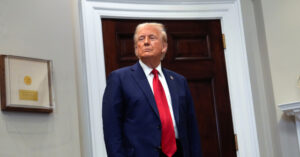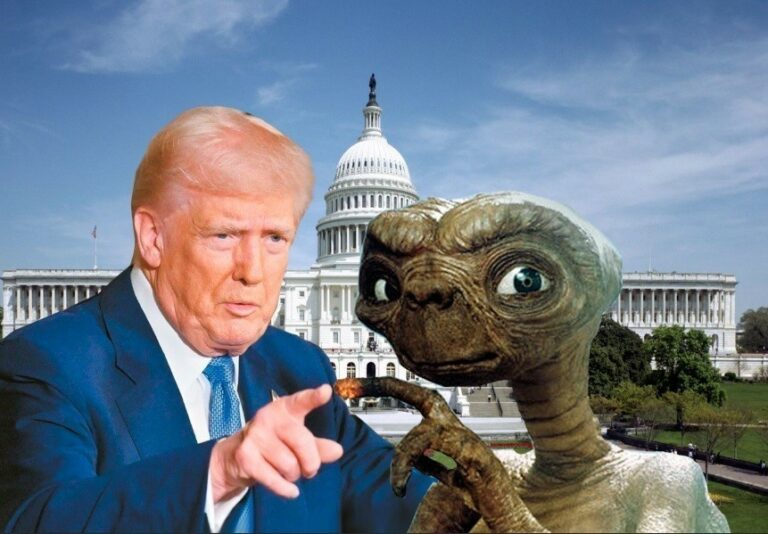In a radical move that confirms his intentions, Donald Trump has dismissed all federal employees working on DEI (Diversity, Equity, Inclusion, and Accessibility) programs.
In a memorandum from the U.S. Office of Personnel Management (OPM), obtained by CBS, the U.S. partner of the BBC, leaders of DEI initiatives and programs were informed of the following timeline:
- Federal employees working on DEI programs must be placed on paid leave by 5:00 PM local time (10:00 PM GMT) on Wednesday.
- A compliance report with the memorandum’s implementation instructions must be submitted by 12:00 PM local time tomorrow.
- A plan outlining the “workforce reduction action” must be submitted by 5:00 PM local time on January 31 – next Friday.
The memorandum also instructs employees to report any attempts by staff to “conceal” programs using “coded or vague language.”
According to an executive order signed by President Donald Trump on Tuesday, the U.S. Department of Justice must issue recommendations encouraging every private sector “educational organization” receiving federal funding to also terminate DEI programs.


For now, the number of federal employees affected by the directive remains unknown.
What the Memorandum States
Federal employees working in DEI offices will be placed on paid leave “immediately” as the agency “takes steps to shut down/terminate all DEI initiatives, offices, and programs.”
Additionally, by 5:00 PM today, all outward-facing websites and social media accounts must be deactivated, and DEI-related training must be canceled.
The memorandum, first reported by CBS, a U.S. partner of the BBC, was confirmed by the White House. White House Press Secretary Carolyn Levitt wrote on X: “To every reporter asking about this: I’m happy to confirm it!”
What DEI Stands For
What does DEI mean? Let’s break it down…
DEI refers to a combination of measures and policies implemented by various organizations, both public and private, to support individuals from diverse backgrounds, specifically those often underrepresented.
These diverse backgrounds and lived experiences may include gender, ethnicity, sexuality, religious beliefs, or disabilities.
The idea behind these policies is to address systemic injustices, such as “historical sexism” and “racism,” which have prevented certain groups from having the same access to jobs and industries as their peers.
However, critics argue that the policies themselves may be discriminatory. The White House states that the executive order overturning DEI programs outwardly “protects the civil rights of all Americans and expands individual opportunities” while “faithfully advancing the Constitution’s promise of equality before the law.”
In recent weeks, U.S. businesses, including Meta and Amazon, have scaled back their diversity programs.
Ask me anything
Explore related questions





